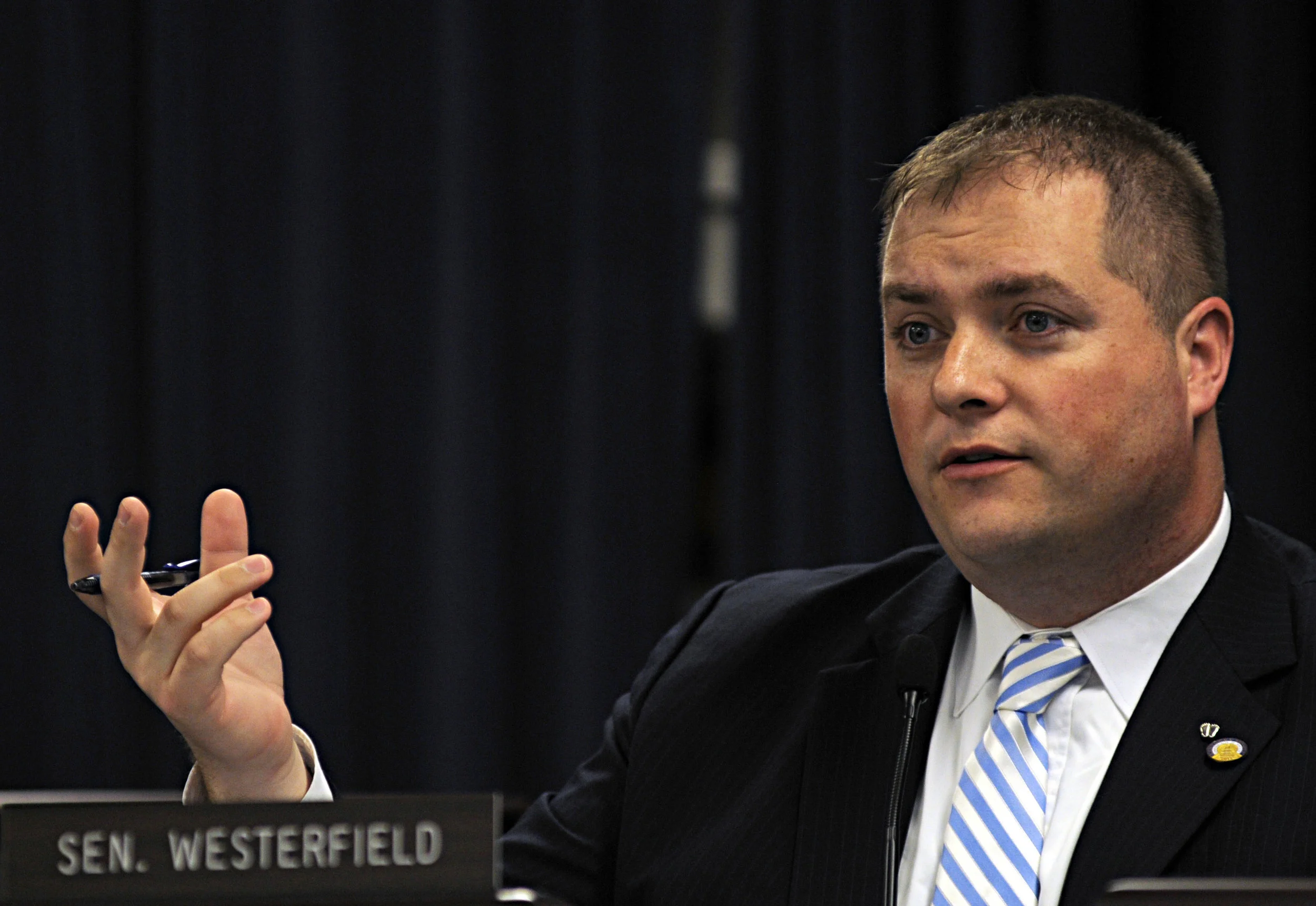The Department of Juvenile Justice is in a crisis never witnessed before. Recent reports demonstrate a lack of leadership within DJJ that allows a toxic loss of morale to manifest itself. Meanwhile, executive branch officials are ignoring the needs of front-line workers who have repeatedly tried to communicate directly with them.
For two years, your legislature has received no communication from our Governor on any policy changes or additional resources needed to help him manage the DJJ. In fact, the Governor’s own recent budget proposal did not reflect the request from the Department of the Justice and Public Safety Cabinet. There are reports of assault, rioting, and even a gang rape of a minor in the state's custody. We find these reports reprehensible, and unforgivable, and the inaction from the executive branch intolerable.
“The Commonwealth needs a juvenile system that provides for our most troubled youth’s well-being and the Governor is missing the opportunity to change the path these children will travel. ”
The most immediate priority is ensuring the safety of staff members and the youth. Responsibly deploying defensive measures such as Tasers and pepper spray are but two measures to remedy the situation. Those defensive measures are appropriate only if used judiciously by properly trained adults.
Elected officials met during the interim period because of what’s at stake and are appalled at what we've uncovered. Kids are locked away 24 hours a day and are not allowed access to basic recreation or a shower. The excuse is understaffing and that it’s simply a more convenient way to maintain order. Workforce issues are challenging but when children are denied food, water and basic self-care, we have a real problem. We do not cast blame on overstressed and overworked facility staff, who are doing all they can with what they have. The buck stops with facility administration, the department, the cabinet, and ultimately the Governor himself. After having discussions with those working closest with the children in the Commonwealth’s care, it seems upper management is where the problem resides.
You can't have an effective organization without effective leadership. The lack of leadership at the cabinet level and with our executive branch demonstrates that until now no one there was paying attention. They are ignoring the problem hitting them squarely in the face and failing to fulfill their basic responsibilities. Adding security measures and a new chief of safety is an admission that no one in the DJJ chain of command is actually doing their job. At best, the Beshear administration is moving the deck chairs around on the Titanic.
From our workgroup discussions, it seems the front-line workers cry out to DJJ leadership but their pleas fall on deaf ears.
Lack of communication is apparent inside and outside the executive branch. The workgroup, with representatives from both parties and chambers, has provided immediate recommendations to quell the rioting, and still, the Governor refuses to engage directly with General Assembly leadership. He has not even acknowledged our recommendations to mitigate the crisis. Since the delivery of our letter to the Governor last week, there has already been another riot in Bowling Green.
“Better to send them to restore order in detention facilities than at churches on Easter Sunday.”
The Governor has finally taken a positive step many months too late in deploying Kentucky State Police troopers as a stopgap measure. Before someone gets hurt, assaulted, or killed, we implore the Governor to step out of damage control mode and communicate directly with his co-equal branches of government. Better to send them to restore order in detention facilities than at churches on Easter Sunday.
Absent leadership, an issue becomes a crisis. The executive branch has taken a shortsighted view of a volatile crisis and ignored the most vulnerable youth who need their support. Security aside, this administration has also ignored the mental health needs of both DJJ staff and the youth in their care as these riots, assaults and security failures have occurred. The Commonwealth needs a juvenile system that provides for our most troubled youth's well-being and the Governor is missing the opportunity to change the path these children will travel. Rest assured, if the kids in DJJ detention are neglected long enough, they will eventually become residents of the Department of Corrections as adults.
Senator Whitney Westerfield, R-Crofton, represents the 3rd Senate District, is chair of the Senate Judiciary Committee and a member of the DJJ Workgroup.






